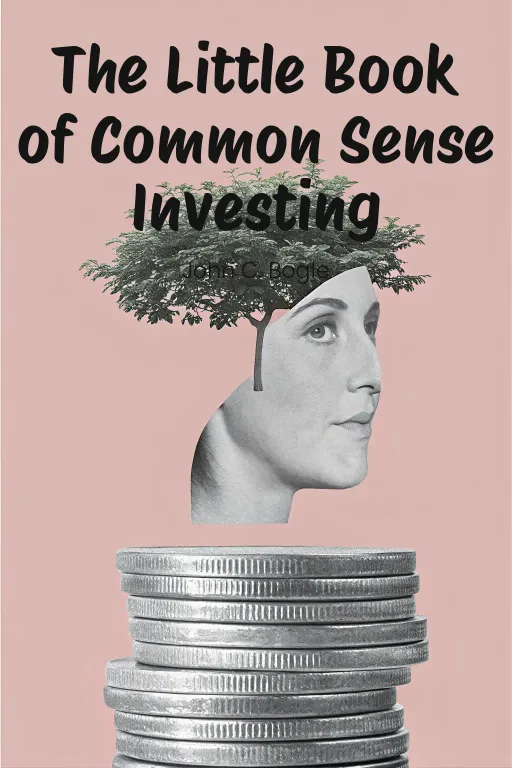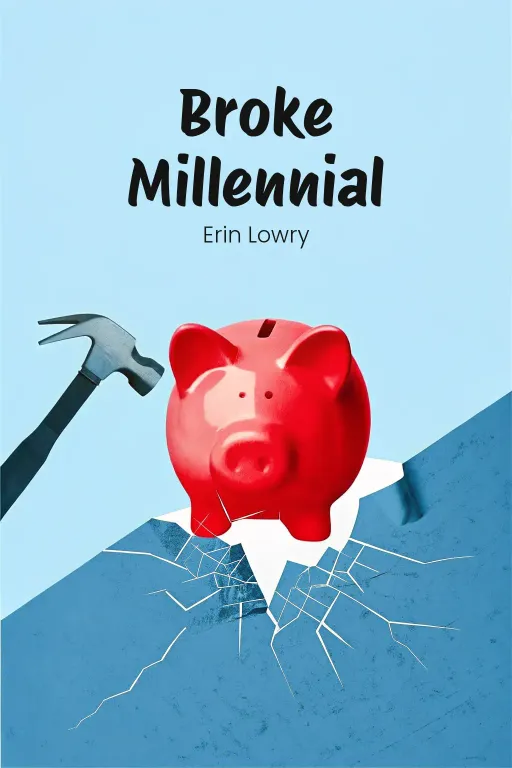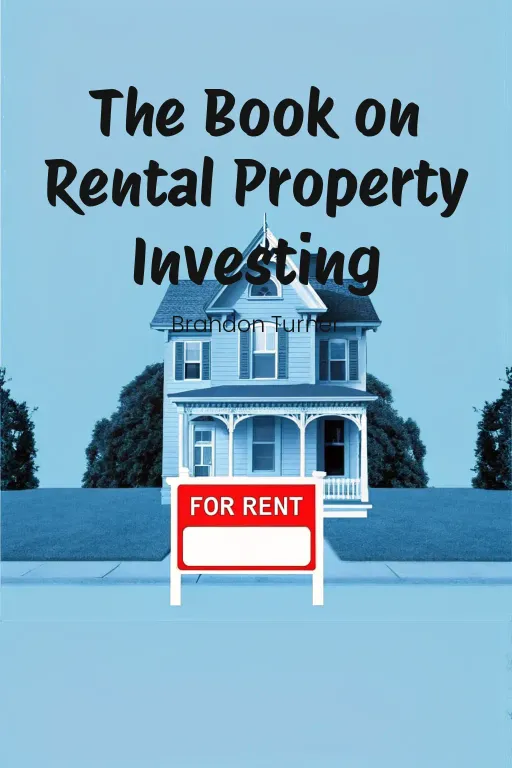
The Little Book of Common Sense Investing
Money & Investments
John C. Bogle
A Scholarly Summary of "Common Sense Investing" by John C. Bogle
John C. Bogle's "Common Sense Investing" emerges as a lodestar in the often-turbulent seas of financial advice, advocating for an investment philosophy rooted in simplicity, cost-efficiency, and long-term commitment. Bogle, the founder of Vanguard and a pivotal figure in the popularization of index funds, constructs a compelling argument against the complexities and inherent inefficiencies of actively managed funds. Instead, he champions the adoption of passive investment strategies centered around index funds, asserting that these instruments offer a superior pathway to wealth accumulation by capturing broad market returns while minimizing the debilitating effects of high fees and speculative practices. Through astute analysis of historical investment data and a reification of principles espoused by luminaries such as Benjamin Graham, Bogle provides a robust framework for investors seeking enduring financial success.
Bogle's central thesis revolves around the premise that investing should be a straightforward exercise in common sense. He posits that the stock market rewards patience and a long-term perspective, contrasting sharply with the frenetic trading activity often promoted by active management. By investing in index funds, individuals can secure their fair share of the market's overall returns without incurring the substantial expenses associated with active management, speculation, or excessive trading. The allure of "outsmarting" the market, Bogle cautions, often leads investors toward unnecessary risks and ultimately diminished returns, primarily benefiting financial intermediaries. His advocacy for indexing and a buy-and-hold philosophy positions him squarely against speculative fervor, advocating instead for a strategy grounded in sound financial principles.
To illustrate the detrimental impact of active management, Bogle employs a parable of the Gotrocks family, who initially prospered by collectively owning every publicly traded company. However, enticed by merchants promising higher profits, they began trading shares amongst themselves, incurring hidden fees and taxes that gradually eroded their wealth. Later, the family hired fund managers in an attempt to salvage their wealth. Yet with every new layer of cost came a further erosion of their fortune. Ultimately, the family realized the essence of their success lay not in speculation but in steadfast ownership, paralleling the principles of index funds. Then they decided to embrace a more tranquil strategy: to collectively hold every stock in the market and let time and business success work their magic.
Moreover, Bogle underscores the crucial link between the long-term economic performance of businesses and stock market returns. He emphasizes that returns generated by corporations—dividends plus earnings growth—form the bedrock of investor expectations. While speculative fervor can induce short-term fluctuations, the long-term trajectory of the market remains anchored in fundamental business performance. This understanding should temper investors' ambitions to outsmart the market, as the steady growth of businesses over time ultimately yields real value.
In addition, “Common Sense Investing” elucidates the often-overlooked impact of taxes on overall returns. Bogle explains that taxes associated with actively managed funds can substantially reduce net returns, thereby diminishing wealth over time. Actively managed funds tend to have higher turnover, resulting in taxable events. Index funds, with their minimal trading and management expenses, provide tax efficiency, allowing returns to grow with less tax drag.
The pursuit of actively managed funds with a history of outperforming the market proves problematic, as past performance is not a reliable predictor of future results. Bogle emphasizes that performance typically reverts to the mean over time; funds that previously shone brightly may subsequently dim. This cautions against placing undue emphasis on short-term performance, asserting that it overlooks the randomness inherent in market returns. He recommends investors "buy the haystack," embracing the broader market through index funds rather than attempting to pinpoint individual needles of excellence.
Bringing his narrative full circle, Bogle urges investors to adopt a portfolio construction approach rooted in the principles of common sense investing. Rather than timing the market or overanalyzing individual securities, he advocates for index funds that can yield robust returns. For those from novice investors to seasoned individuals, adhering to a strategy rooted in indexing—comprising no less than half of their portfolio—can maximize opportunity while mitigating unnecessary risk.
In conclusion, “Common Sense Investing” offers a lucid and compelling case for index fund investing. By prioritizing simplicity, cost-efficiency, and long-term commitment, Bogle provides a roadmap for investors seeking to secure their financial future, steering them away from the pitfalls of active management and speculative practices. His work encapsulates the wisdom of investing, highlighting that success lies not in extraordinary insight or market-beating strategies, but in patience, understanding, and a disciplined approach rooted in the inarguable reality of the index fund's resilience.










